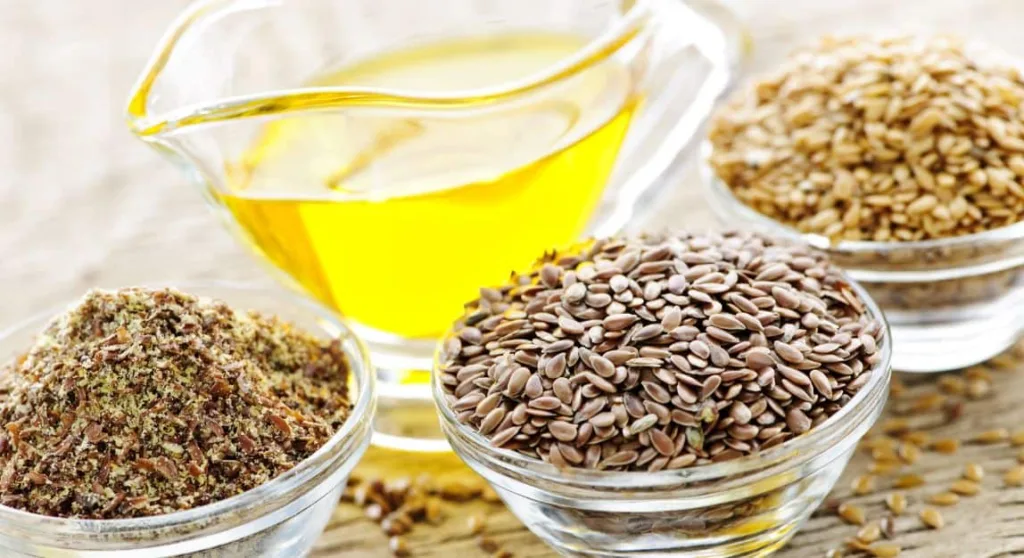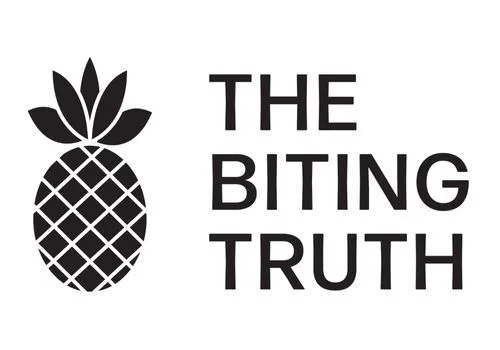
If you’ve been scrolling through TikTok lately, chances are you’ve encountered a barrage of videos claiming that seed oils, such as sunflower oil, soy oil, and canola oil, are toxic. Lets critically examine the assertions made against these oils and delve into the scientific research behind the controversy.
What are Seed Oils?
Before we dive into the heated debate surrounding seed oils, let’s unravel the basics. Seed oils are just oils that are derived from seeds and are commonly used in cooking. Examples include sunflower, soy, and canola.
Are Seed Oils Actually Toxic?
Seed oils contain both omega-3 and omega-6 fatty acids (the primary source of contention). While omega-3s are viewed as beneficial, omega-6s as often deemed ‘bad’ or harmful due to their potential to promote inflammation. However classifying Omega 3s as “good” and Omega 6s as “bad” is oversimplified and doesn’t align with the complex nature of these essential fatty acids.
When you dig deeper into the research in humans linking a high omega-6 diet to inflammation and heart disease, it becomes challenging to find substantial support. While proponents of the “seed oils are toxic” narrative may cherry-pick isolated animal or in vitro studies, it’s crucial to recognise that such biased information doesn’t constitute genuine scientific evidence.
While there is some validity to the argument that over consuming seed oils may not be ideal for health, it’s essential to attribute this concern to the foods in which they are found rather than solely to the omega-6 fatty acids themselves. Packaged products like chips, biscuits, baked goods, salad dressings, and deep-fried foods, which often contain seed oils, are concurrently high in refined carbohydrates, salt, and sugar. The real culprits behind weight gain and poor health are these additional components, not the seed oils.
It’s reasonable to assert that individuals consuming a significant amount of refined seed oils are likely also consuming a plethora of highly processed foods, impacting the overall quality of their diet. The “cut out seed oils” message essentially translates to consuming fewer highly processed foods, but the unintended consequence is unnecessary fear associated with using common cooking oils like canola or sunflower oil.
What’s the healthiest oil to use?
We recommend that our clients use extra virgin olive oil as it has a healthy fat profile and the highest antioxidant content among oils available at the supermarket.
Bottom Line
The notion that “seed oils are toxic” is just another attempt to oversimplify nutrition by focusing on a single factor. It’s the overall quality of the diet that matters. If your diet is rich in highly processed and deep-fried foods, you may also be consuming a substantial amount of omega-6s from seed oils. Making positive changes towards a diet consisting of natural, minimally processed foods is beneficial, and the health improvements result from holistic dietary changes, not merely from reducing seed oils.
Notes:
- Check us our on Instagram.
- Want 1:1 nutrition support? Book here!
- Check out our Shop for a selection of products to help you become your healthiest self.
